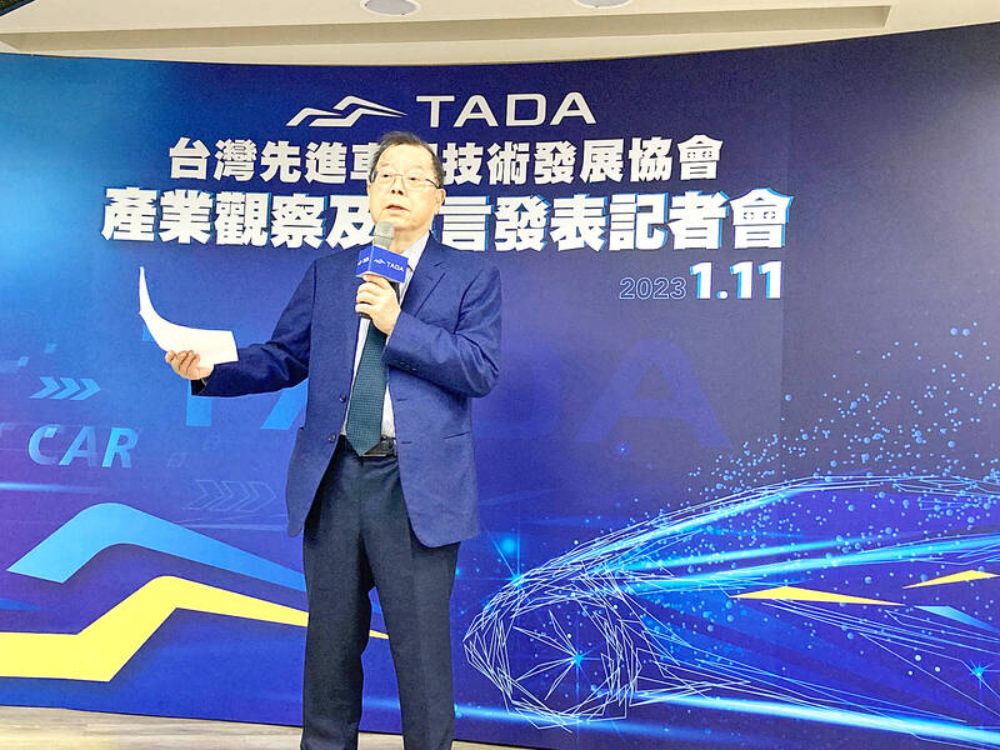India’s journey into the semiconductor industry is poised to reach new heights with the upcoming debut of the country’s first semiconductor chip from the Tata Group plant in Dholera, expected by 2026. The initiative, spearheaded by Tata Electronics in partnership with Taiwan’s Powerchip Semiconductor Manufacturing Corporation (PSMC), marks a significant milestone in India’s technological evolution.

Frank Huang, chairman of PSMC, shared insights in an interview with the Economic Times, shedding light on the advancements underway at the Dholera facility. Initial production at the plant will feature 28 nanometer chips, with plans for further scaling down to 22 nanometers. The mega semiconductor fabrication facility, valued at Rs 91,000 crore, is set to boast a manufacturing capacity of up to 50,000 wafers per month. Moreover, it will integrate cutting-edge factory automation capabilities, leveraging data analytics and machine learning to optimize operational efficiency.
The scope of the Dholera facility extends beyond high-performance compute chips, encompassing the production of power management chips crucial for diverse sectors including electric vehicles (EV), telecom, defence, automotive, consumer electronics, display, and power electronics. With power management chips catering to high voltage and high current applications, the facility’s offerings are poised to address critical industry needs.
PSMC’s renowned expertise in logic and memory foundry segments adds a formidable edge to the venture. With six semiconductor foundries in Taiwan, PSMC brings a wealth of experience and technological prowess to the collaboration with Tata Electronics.
The ambitious plans for semiconductor manufacturing in India extend beyond Dholera, reflecting a broader national strategy to bolster the country’s semiconductor ecosystem. The Cabinet has approved three semiconductor plant proposals, with two slated for Gujarat and one for Assam, totaling an estimated investment of Rs 1.26 lakh crore.
In Assam, Tata Semiconductor Assembly and Test Pvt. Ltd. will establish a chip assembly and testing unit with an investment of Rs 27,000 crore. Additionally, a joint venture between CG Power and Japan’s Renesas will set up a semiconductor plant in Gujarat’s Sanand, producing an impressive 15 million chips per day at an estimated cost of Rs 7,600 crore.

These developments underscore India’s growing stature in the global semiconductor landscape. The strategic investments and partnerships reflect a concerted effort to strengthen domestic semiconductor manufacturing capabilities, aligning with the government’s vision for self-reliance in critical technology sectors.
Furthermore, the establishment of these semiconductor plants augurs well for job creation, skill development, and technological innovation, fostering a vibrant ecosystem conducive to India’s aspirations of becoming a leading player in the global semiconductor industry.

As the world transitions towards a digital future driven by advanced semiconductor technologies, India’s emergence as a key player in semiconductor manufacturing holds immense promise for economic growth, technological advancement, and national development. The journey towards semiconductor self-sufficiency is underway, with the Tata Group at the forefront of this transformative endeavor.
